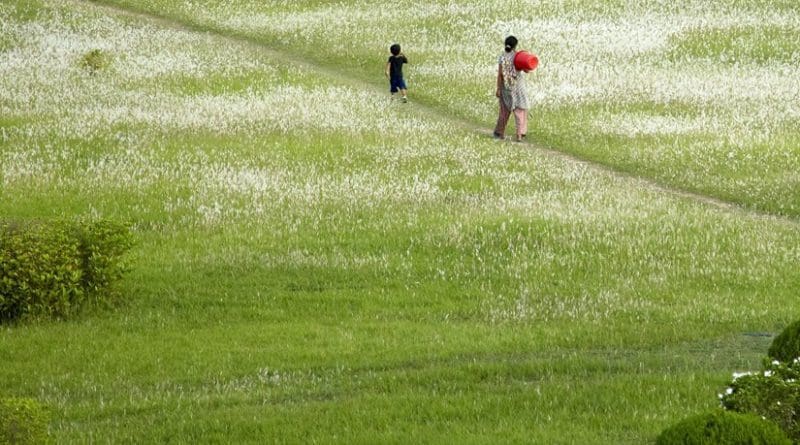Nepal’s Economy Coronafied – OpEd
By SAAG
By Dr. S. Chandrasekharan
One of the countries that has been badly affected by the Chinese Coronavirus Covid-19 is Nepal.
Though Nepal does not figure anywhere near other countries in terms of incidence of suspected cases, its economy — that depends mainly on the tourism and hospitality industry — has taken a direct hit by steps taken to contain the Coronavirus both by Nepal and other countries as well.
Consider the following:
- Foreign Tourist travel has completely stopped from this week. With the denial of visas on arrival, very few tourists who were inclined to come have also cancelled the visit.
- The Hotels which would be full in the Spring season are empty and even popular places like Pokhara and Chitwan are empty. Trekking expeditions by foreign tourists have virtually stopped and many of the support personnel like guides, porters, taxi drivers are without any job.
- Mountaineering expeditions including the most popular ones- like the Everest has completely stopped.
- There is hardly any flight service to Lukla which used to be one of the busiest domestic airports in this season.
- The Government’s ambitious target of having two million tourists is in ruins with cancellation of many of the projected trips during the lucrative Spring season.
This is not all. In a mid-year review the Finance Minister Yuba Raj Khatiwada projected a grand growth of 8.5 percent and now he should be happy if it reaches 5 percent.
Along with the tourism and hospitality industry, Trade and Investments have had a huge beating with no fresh application from foreign sources for the last two months. People who are dependent on trade that is next only to Agriculture may be without jobs soon.
Exports have stalled particularly in the garment industry where the products were being sent to Europe and USA.
Imports from China have also slowed down as many of the export industries were dependent on China for supply of raw materials.
The two land borders opening to Tibet at Rasuawagadi and Tato pani are empty. It is seen that even locally produced Pashmina shawls get their raw material from China.
In the domestic sector, agricultural output especially paddy production has fallen sharply. The Government has not done its job well, with a snail paced spending on capital allocations under the budget. There has been unjustified delays in project execution in large scale infrastructure projects.
Added to these woes, remittances from abroad which kept the economy afloat has also slowed down.
PM Oli has completed two years in power and yet has nothing to show as achievements. If at all, he has antagonised a substantial section of the population in the Terai and his own party men.
It is said that in the nine member secretariat within the party, Oli is now in a minority with Madhav Nepa emerging as the “King Maker” and Dahal is getting an upper hand slowly but steadily. Dahal had his way finally in the appointment of Sapkota as the Speaker.
In the election manifesto, Oli had declared that in two years the party would ensure self sufficiency in basic food, fish, meat, eggs and milk. He completed two years on February 15 this year and the targets are nowhere near what was promised.
Amidst all these, Oli’s health has become a cause for concern. He went for a second kidney transplant which the authorities say was successful and Oli was back in his job within a very short time.
Interestingly, Oli did not appoint anyone to take care of his duties during his absence. The doctors who treated him say privately that he could take six months to one year to recover fully.
But PM Oli himself does not seem to be affected by his illness. He is making hard decisions without worrying about his own future. Recently he rejected the nomination of former senior UML leader Bam Dev Gautham for the Assembly despite the fact that he was unanimously recommended by the Party (NCP) Secretariat.

